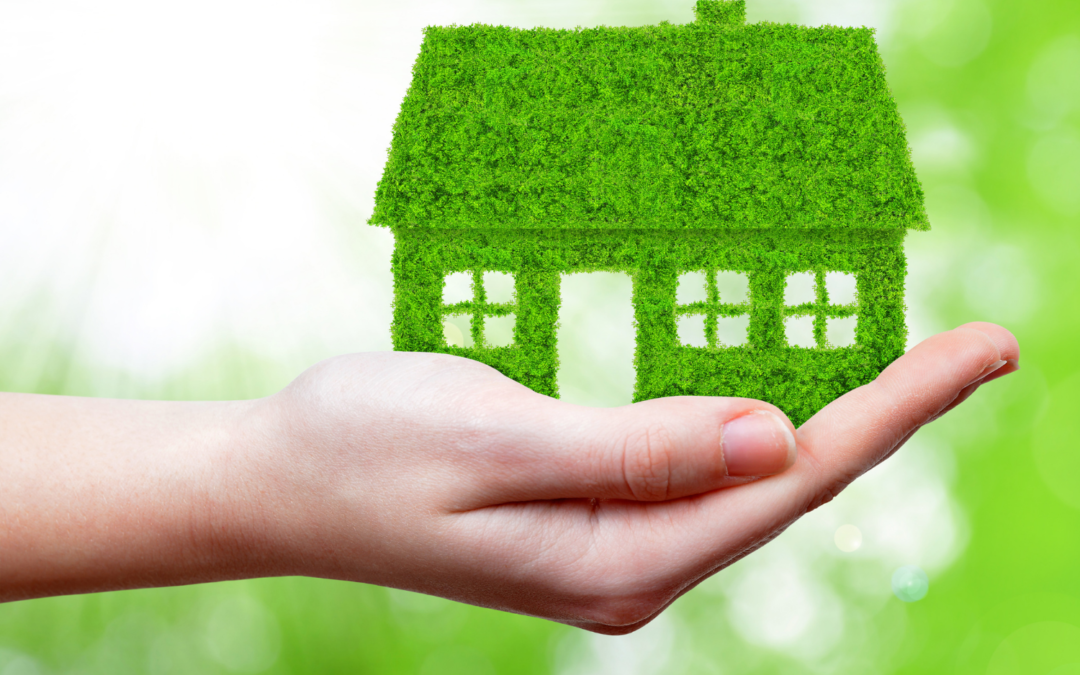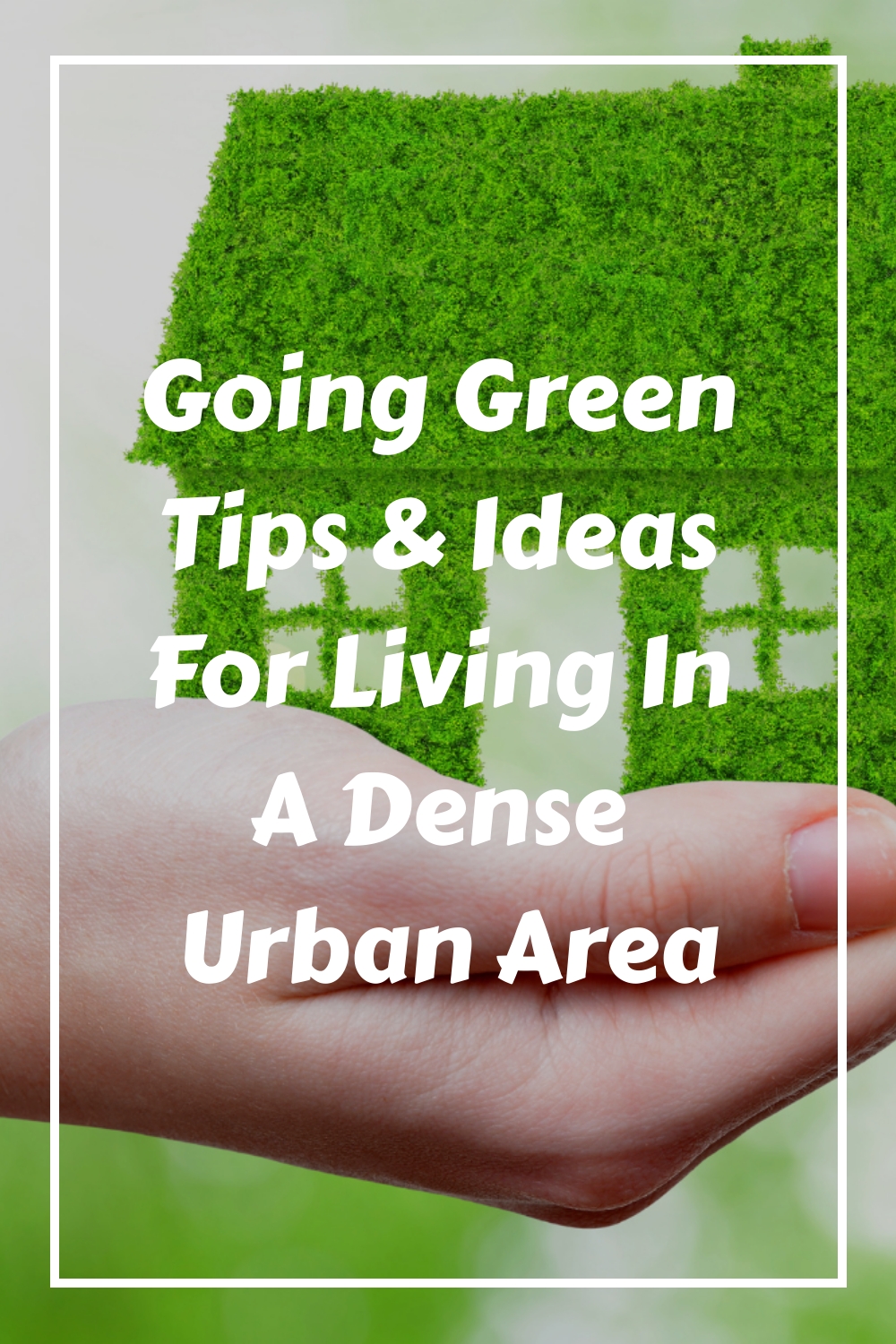Many people want to live in a more sustainable, greener way. If you live in the country, or on a smallholding, you may already be growing most of your own food and living a green self-sufficient lifestyle. If you live in a dense urban area, you may be at a loss to know how you can make your footprint on the planet a little lighter, you might think that it is impossible and that you can do nothing. There are things that you can do to be a little greener.
The mantra to remember when trying to be greener is to reduce, re-use, and recycle everything that you can and do not be wasteful. In doing so, you will be greener and you will save money into the bargain.
How can you do that? To reduce is simple, do not buy anything that you do not need. Who needs a new mobile telephone every 3 months, you do not really need one, you may want one, but you do not actually need one.
Reducing your consumption means distinguishing between needs and wants, but it means even more than that. Turn lights off in unused rooms, and do not leave electrical equipment on standby, all those little red lights use electricity. By not using as much electricity, you will be greener and you will save money on your electricity bill. Turn the heating down a couple of degrees, no one will notice and you will not use as much gas, electricity, or oil.
Do you really need a car in an urban area? Could you use public transport? Could you use a bicycle? If you must have a car, do you make each journey count? Arranging yourself so that you do several things in one trip instead of each errand on a separate trip makes economic as well as green sense.
When you are shopping, choose items that have less packaging. For example, pick the brand of sardines that does not come in a can, covered by a cardboard box and cellophane, a tin can is sufficient to protect sardines.
Before you throw anything away, consider whether you can use something else for the same purpose or use that item again. Do not use sandwich bags, you throw them away after each use because you cannot wash them properly, use a re-useable washable sandwich container. Eschew plastic grocery bags, buy yourself some proper shopping bags and take them with you each time you go shopping. Before you throw anything away, consider whether the item can be used, perhaps for another purpose.
When you do throw things away, recycle as much as you can. Do not send anything to a landfill that need not go there. Sort your rubbish out you can recycle paper, plastics, tin cans, batteries, cardboard, clothes, magazines, and much more. Local authorities have recycling programs. Supermarkets often have recycling points for all kinds of items, including clothing, shoes, batteries, plastic bags, and other items. When you are shopping, choose items that have recyclable packaging.
Do not put your washing machine on for two or three items; wait until you have a full load. Tumble driers use a horrifying amount of electricity. If you do not have a tumble drier, do not buy one, dry your laundry outside when possible, or on an airer, in winter when you have the heating on anyway. Think about what you use, and whether you need to use it. Think about what you buy, and whether you truly need it or just want it.
Going green is about the choices that you make, in your daily life, when spending your money, throwing your rubbish away, or choosing items when shopping. You can choose to spend your money with companies, who have eco-friendly and conservation policies and do their best to ensure that their company makes little or no effect on the planet, or you can choose to spend it with those who do not.
Going green, wherever you live is reducing, reusing, recycling, and not wasting resources, you can do that wherever you live and save yourself some money too.




